I arrived in Thailand at 7am after 12 hours in transit from India, via a brief stint in Colombo’s departure gate corridors, which offered me some very welcomed free wifi. As my taxi drove along the highway towards Bangkok, I marvelled at the cleanliness of everything.
But something was a tad confusing. Where were the beggars waiting to pounce at the traffic lights? Where was the disordered chaos of cars and people and slowly chewing cows?
Getting Asian culture shock… in Asia
Turns out Thailand is rather different to India. From the well maintained streets to the clear lack of English speakers, I realised I wasn’t in familiar stomping grounds any more.
But I knew I’d been getting comfortable in India, so it was definitely high time for a change – starting with language, as I realised that I didn’t even know how to say ‘hello’ or ‘thank you’ in Thai! So I retired to my guesthouse room to look up helpful Thai info on my kindle copy of the requisite Lonely Planet – and then, in true Flora fashion, I fell asleep. Until 5pm.
When I awoke, blearily, and looked out of the window, it was hailing down an absolute storm. Apparently moving countries had also precipitated my introduction to the South East Asian version of the monsoon. So I decided to chill out by the pool with a bowl of Thai green curry, and did a lot of writing about the wedding (there was so much to write down it wasn’t even funny!).
A chilled first evening, certainly, but a welcome one nonetheless. The last few days were so hectic and travel-filled that it was very pleasant to not do very much!
Exploring Bangkok
Bright and early the next day, I headed out into the wide world of Thailand’s capital city – or rather, into the outskirts of it. My tired brain had booked a guesthouse near to the airport for post-flight slumbers, thinking that it was a sensible idea – which of course meant that Bangkok itself was about 30 km away.
Luckily, I was armed with directions in Thai to the nearest BTS Skytrain station, thoughtfully provided on photocopies by the exceedingly friendly guesthouse landlady.
What followed was a day of river boat riding, temple exploring and pad thai eating, as I wandered through Bangkok’s heat saturated streets and got to grips with Thai culture.
There were markets for fruit, very strong smelling fish, flowers, a huge amount of street food (I treated myself to a bag of pineapple slices) and a crazy street filled with Buddha amulets (commonly known as the Amulet Market) where my trinket-obsessed self tried to plead a case for the dustiest and most strange looking ones.
Thankfully I refused my inner urges – which was a good idea, as it turns out Thailand is significantly pricier than India. Don’t get me wrong, it’s still absurdly cheap: but I managed to spend over 20 quid in Thai baht in a single day of Bangkok wandering, and most of it went on transport (two taxis, two skytrain trips and a day pass on the river boat)!
Where to next?
So after a single day in Bangkok – where I sadly missed out on the Grand Palace because it was closed, but still managed to see the incredible Reclining Buddha just nearby – I decided I needed to get out to see the rest of Thailand. I was very aware that I only had three weeks to spend in South East Asia before heading back to England, which, after six months of open time to travel in, suddenly felt very short.
My initial thought was to head straight up to Chiang Mai on the night bus, but fate seemed to have other plans; a uni friend sent me the contact details for a permaculture farm he’d volunteered at a few months before, so I emailed the Canadian guy who organised the placements. He emailed me back the very morning I was due to check out of my near-Bangkok abode, saying they were currently at a teaching farm just a few hours north of the city: would I like to meet them there, and go onwards to their farm, with them, a few days later?
I like to think I never back down from an interesting opportunity. And I know very little where permaculture farming is concerned, making it quite the challenge…
Which is how I found myself en route to Sikho, being offered chocolate wafers and iced Coca Cola by someone I can only describe as a ‘road hostess’ – and which introduced me to the fact that, in Thailand, your bus ticket also includes a surprising amount of food and beverage supplication.
Which makes it slightly easier to deal with the absurdly loud movies that play throughout each trip. I jumped off the bus at a highway bus stop and was met by Howard Story, a Canadian native, and his Thai wife Nong, as well as their current volunteer, an American girl named Robin, who clued me in on what exactly to expect when I arrived at the teaching farm.
And yet I still wasn’t wholly prepared for what awaited me..
Learning the ways of permaculture
Rak Tamachat Permaculture Center is a community living space; a Thai farm with long-term Western residents, who work together to create a hands-on permaculture farm. Permaculture, for those who aren’t too sure, is a method of creating self-sustaining agriculture – think ‘permanent agriculture’ – that copy the already existing ecosystems found all over the world.
Basically it’s a way of emulating the environment around you and tailoring the crops and vegetation you grow so that it helps itself.
I think, anyway.
At Rak Tamachat, they host interns for six months at a time, who take care of the farm in its entirety – except the Thai farmers obviously spend a great deal of time working the land too.The place is also an education center, meaning that for the few days I was there, Howard and a number of other permaculture enthusiasts were completing a teacher’s training certificate, and helping out with the farm where they could.
But the interns are also responsible for creating new permaculture projects. Think banana leaf showers, composting long-drop toilets, the planting of innumerable fruits and vegetables, and thinking out strategies for the farm’s long term future. From the moment I worked out how to use the rice-husk covered compost toilet without falling in through the overly large rectangular hole, I was completely intrigued.
I’m a farmer!
I spent three days at Rak Tamachat, but it felt like a lot longer. Probably something to do with the 6am gong that got us up in the mornings after a night spent under a mosquito net with the very real threat of snakes and scorpions – but also the sheer amount of projects that there are to fill your time with.
The tasks I was put to work on went something like this:
- singing African songs in a circle on the concrete of the open ‘sala’ – the central community space – and being told to ‘really let go!’ Loudly. At 6am. My jubilation couldn’t be contained.
- scattering seedlings with a group of men who hailed from England, Pakistan, Dubai and Australia, followed by pruning lemongrass and planting seeds in tiny flowerpots with Robin and Nong
- riding in a truck with a group of Thai farmers through the rice paddies to a giant rice thresher machine, where we scooped rice husks into old rice bags and transported them back to the farm – sitting on top of them in the back of the truck.
- making compost in the pouring rain (after carefully removing all the silver jewellery on my body after being told that people keep being struck by lightning in Thailand) from a mix of slippery red clay mud, the aforementioned rice husks, wheelbarrow loads of sand, and cow manure.
After the initial shock that I was (gasp!) expected to brave it out in the monsoonal shower, I actually realised how refreshing an experience it was to simply not care about the weather. I can’t really remember the last time I didn’t race for shelter, or at least scavenge for a waterproof, when the rains hit. Steadfastly digging up mud and stomping around in cow manure was, despite all my initial misgivings, actually really fun.
But this was just a single day’s work. By the time we were carting wheelbarrows of the newly created compost to shovel around the freshly planted trees near the compost toilet, my enthusiasm was starting to wane somewhat – and the lazy little voice in my head was desperate for a cup of tea and a sit down. I headed for the banana leaf showers and attempted washing my very muddy trousers at the same time as pouring buckets of cold rain water over my head.
I resolved to be able to handle this kind of work at some point in my life.
People seriously don’t respect farmers and land labourers enough: this is SO much hard graft! And I’d love to be able to dedicate my time to something like this. Six months of travelling has definitely been a rollercoaster this time – maybe there’s another six month window in the future somewhere that has a permaculture farm position with my name on it?
After a few days amongst the interns and the teachers, we bid farewell to Rak Tamachat, and Howard, Nong, Robin and I set off for their farm, located in the small village of Nong Weang.
But not before an introduction to yet another of Thailand’s famed elements; the mall.
Window shopping for farangs
We wandered through the food court, trying such delicacies as bean cakes, palm sugar sponge, peanut satay and lotus flower seeds. It was a great introduction to the craziness of the foods I’d be trying once I arrived at their farm, and it was also a wonderful chance to see Thai people going about their daily shopping-based business – and all the farangs that accompany them.
I hadn’t really been aware of farang culture before I arrived in Thailand, but it’s definitely a sight to see. Western men, normally in the older age bracket, walking around with their Thai spouses, and often adopted children, shopping in the supermarket aisles for Oreos and peanut butter. And I really can’t help staring, but the immediate story behind the relationship fascinates me.
How did they meet? How long have they been together? How much of a monumental change has it made to both parties’ lives?
It’s difficult for me to make judgements, though, because I spent the next week living with a prime exception to the farang rule: Howard and Nong, my farm-running hosts. These guys, their immediate family and the villagers they live among gave me such an insight into a whole world of different things; not just permaculture and farming, but how to behave as a family, how to respect the people around you, how to think outside the box and, most importantly, how to live every day to its fullest, because you never know what’s going to happen.
In fact, there’s so much to say about my time with them that I think they need another blog post all to themselves…

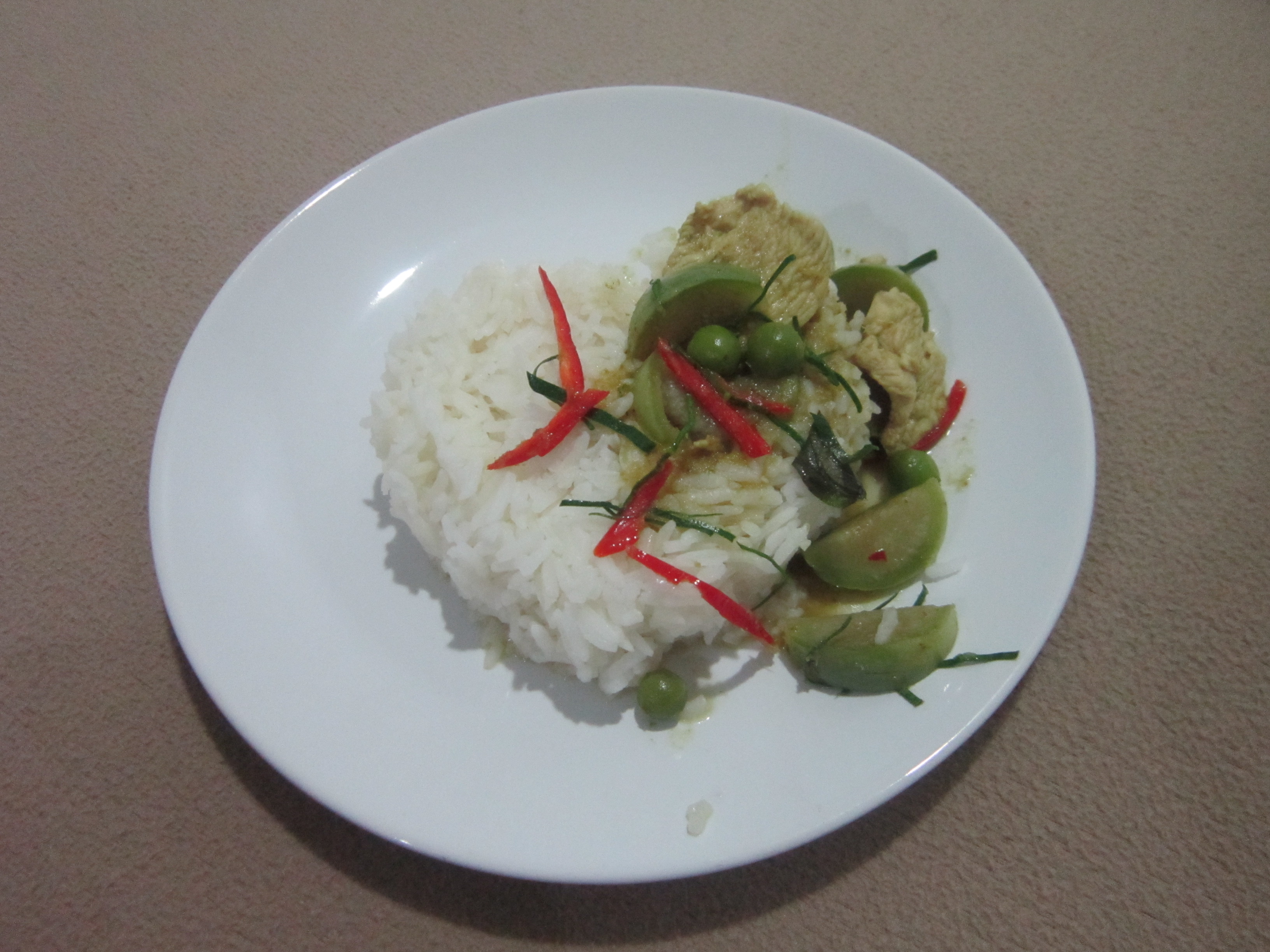
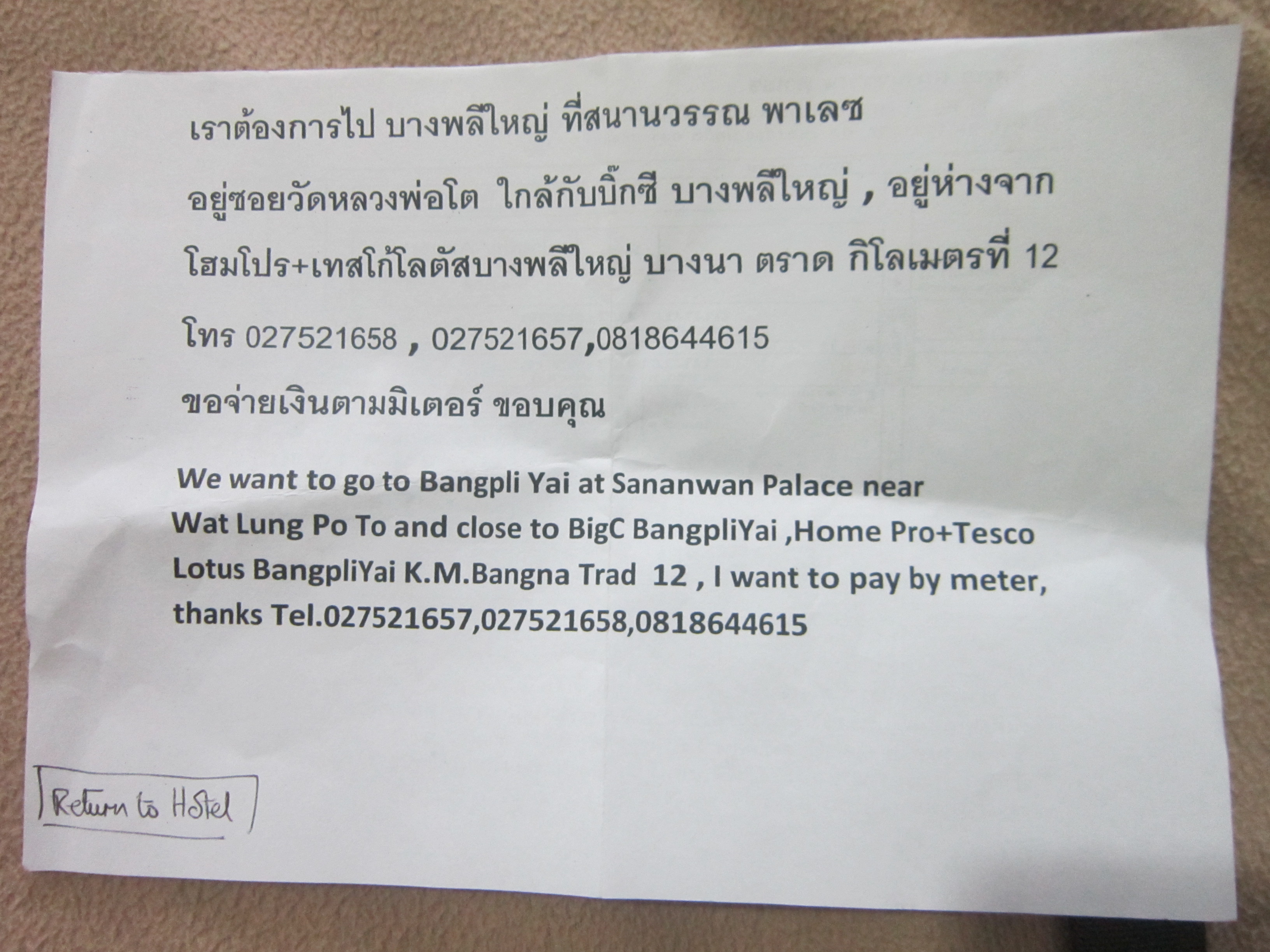
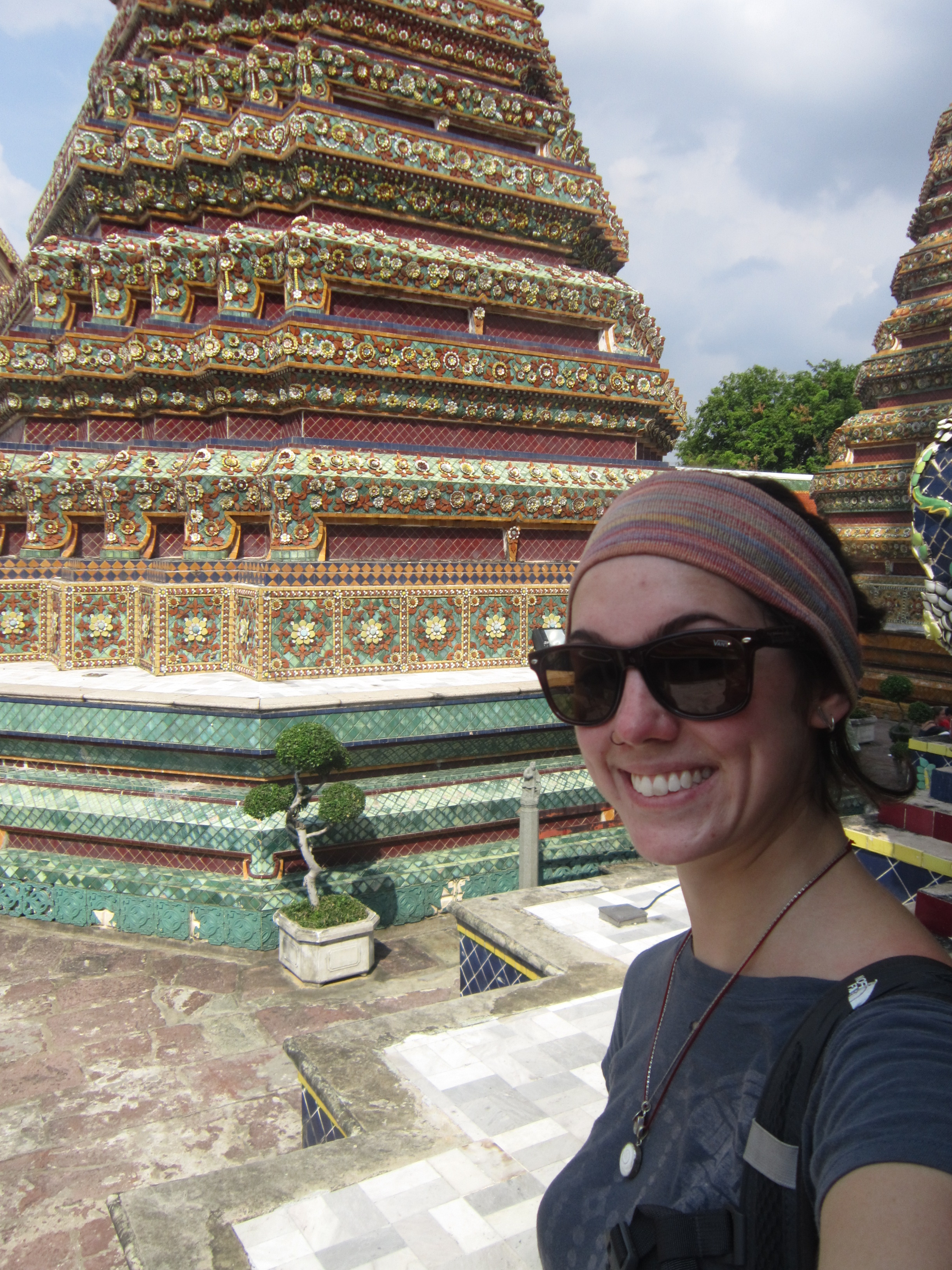
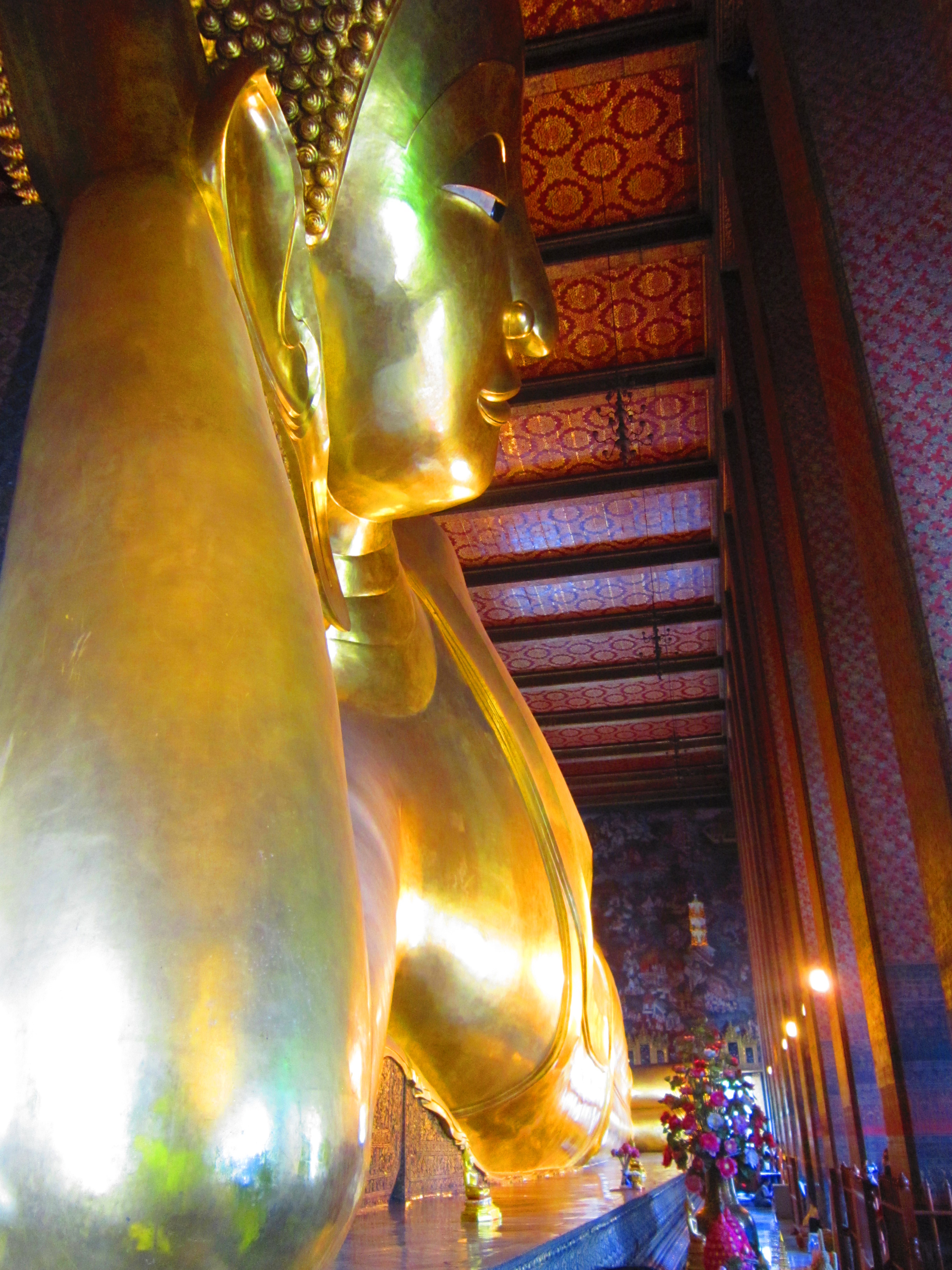
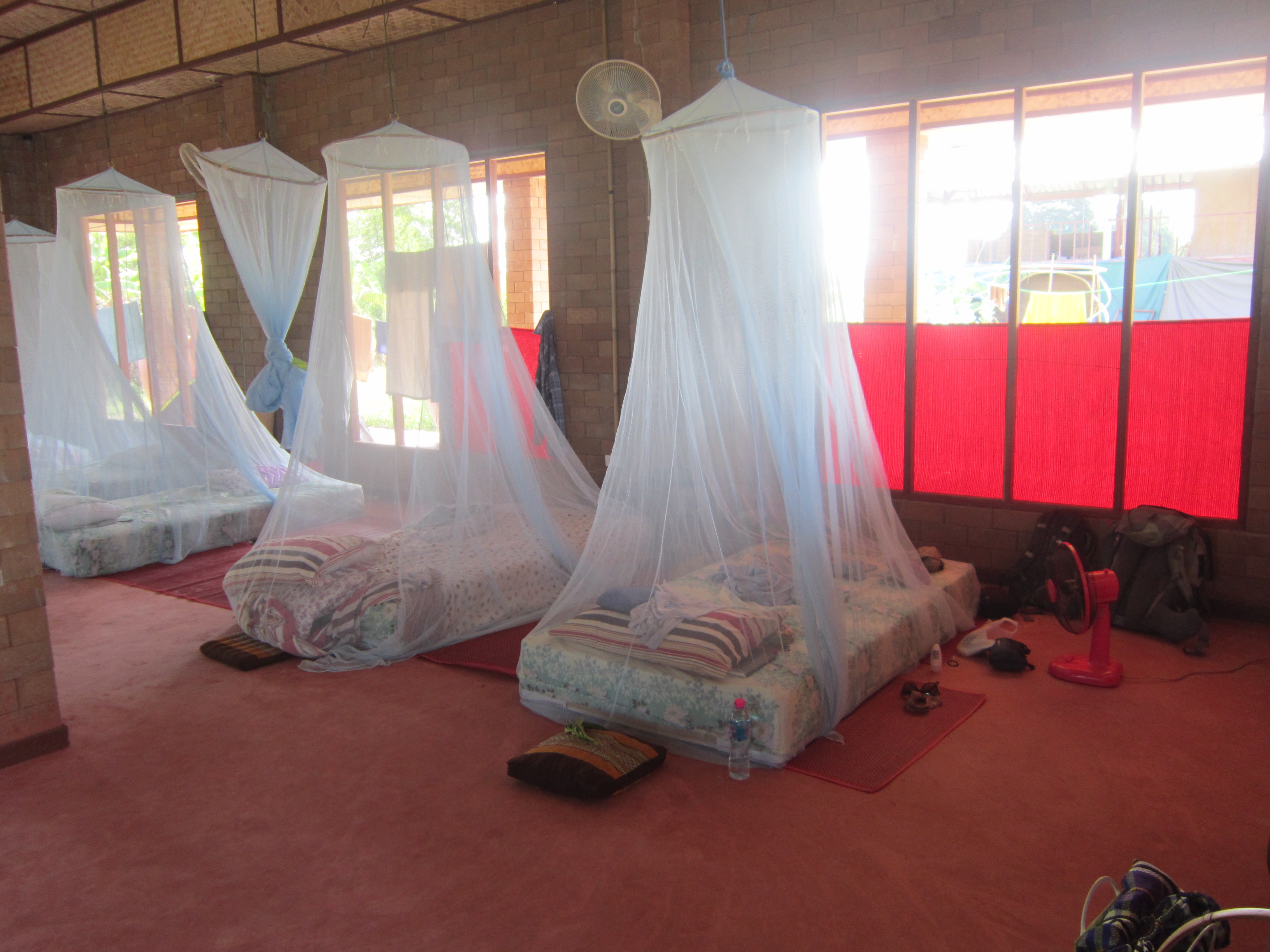
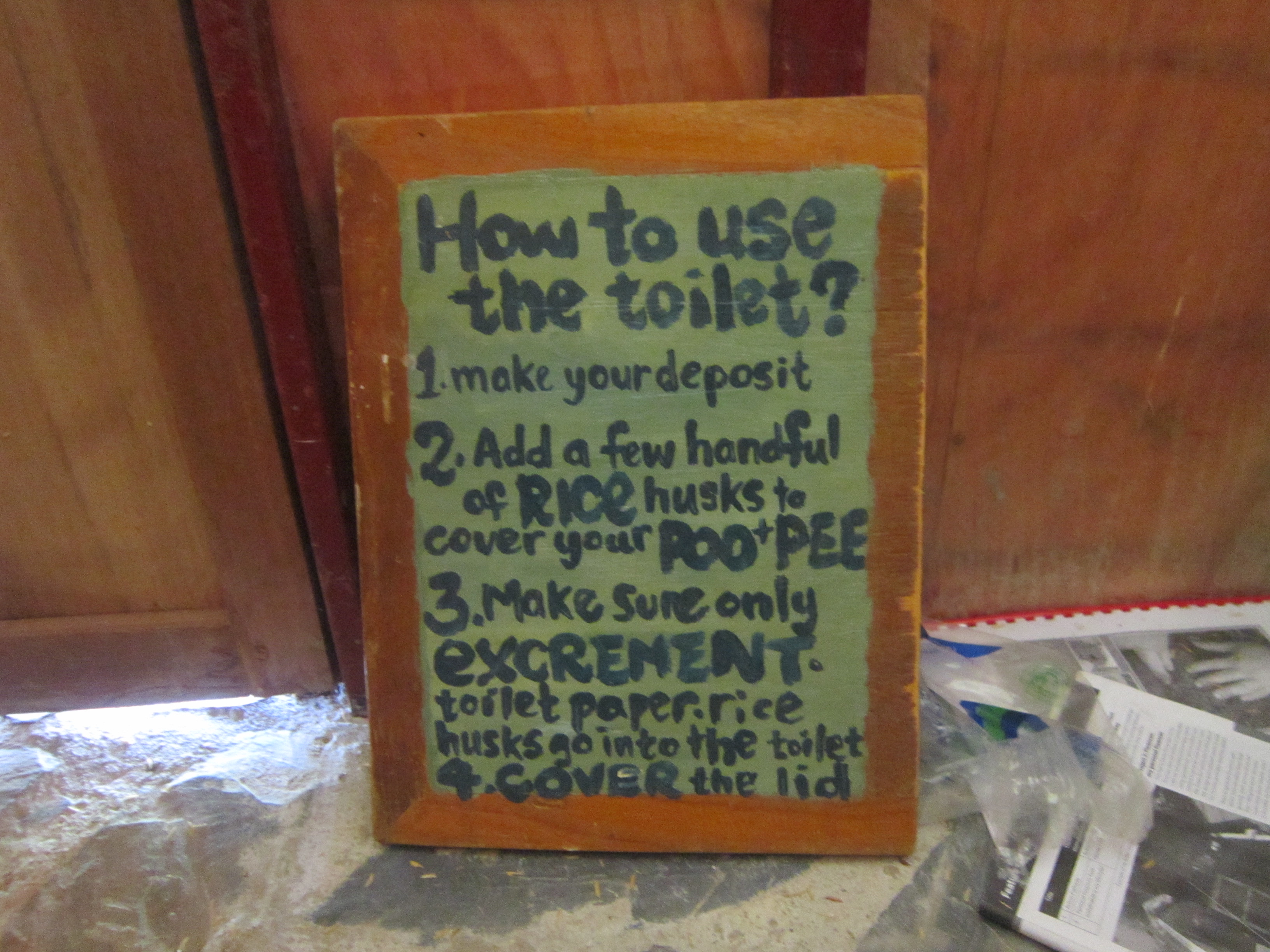
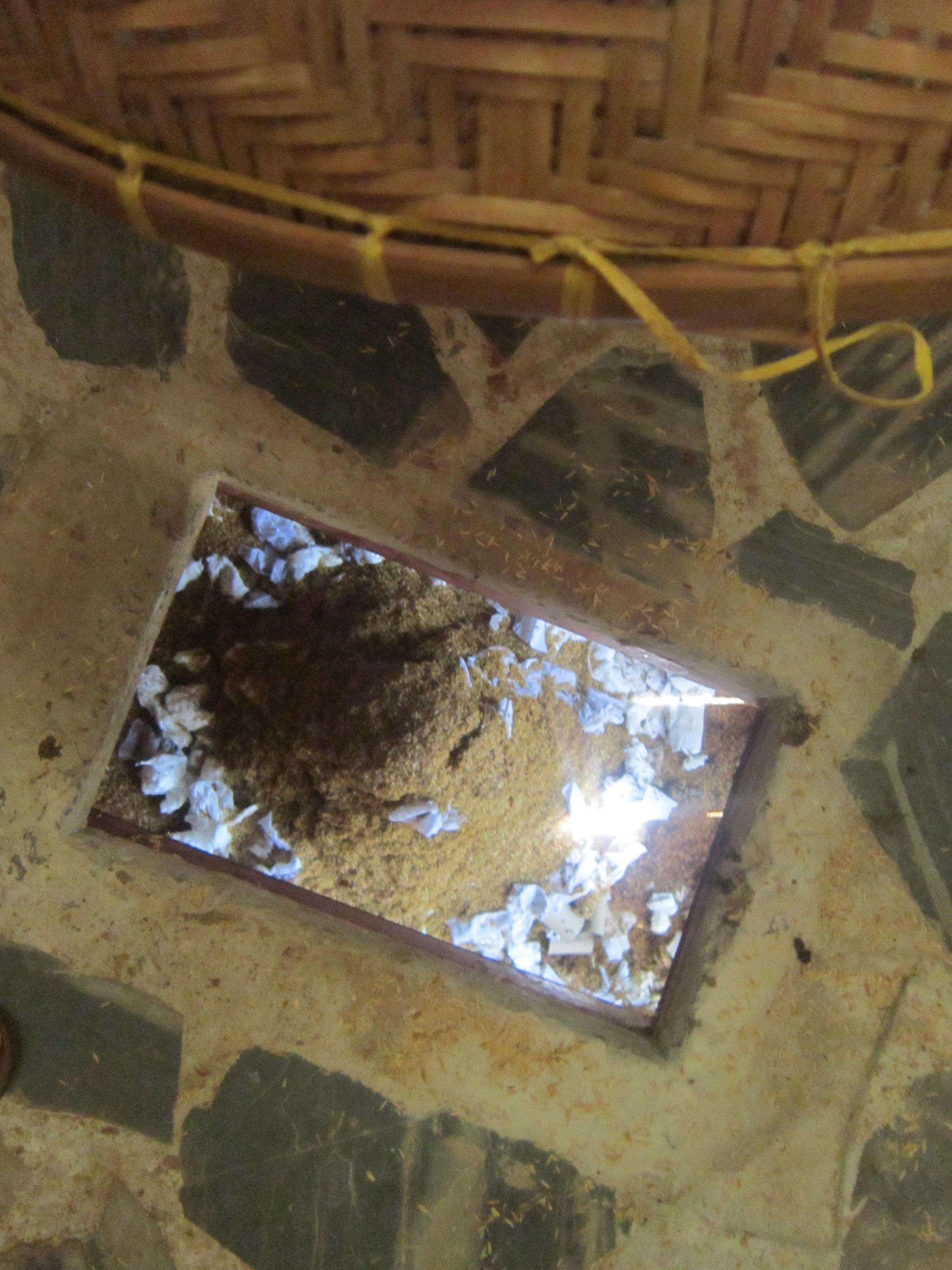
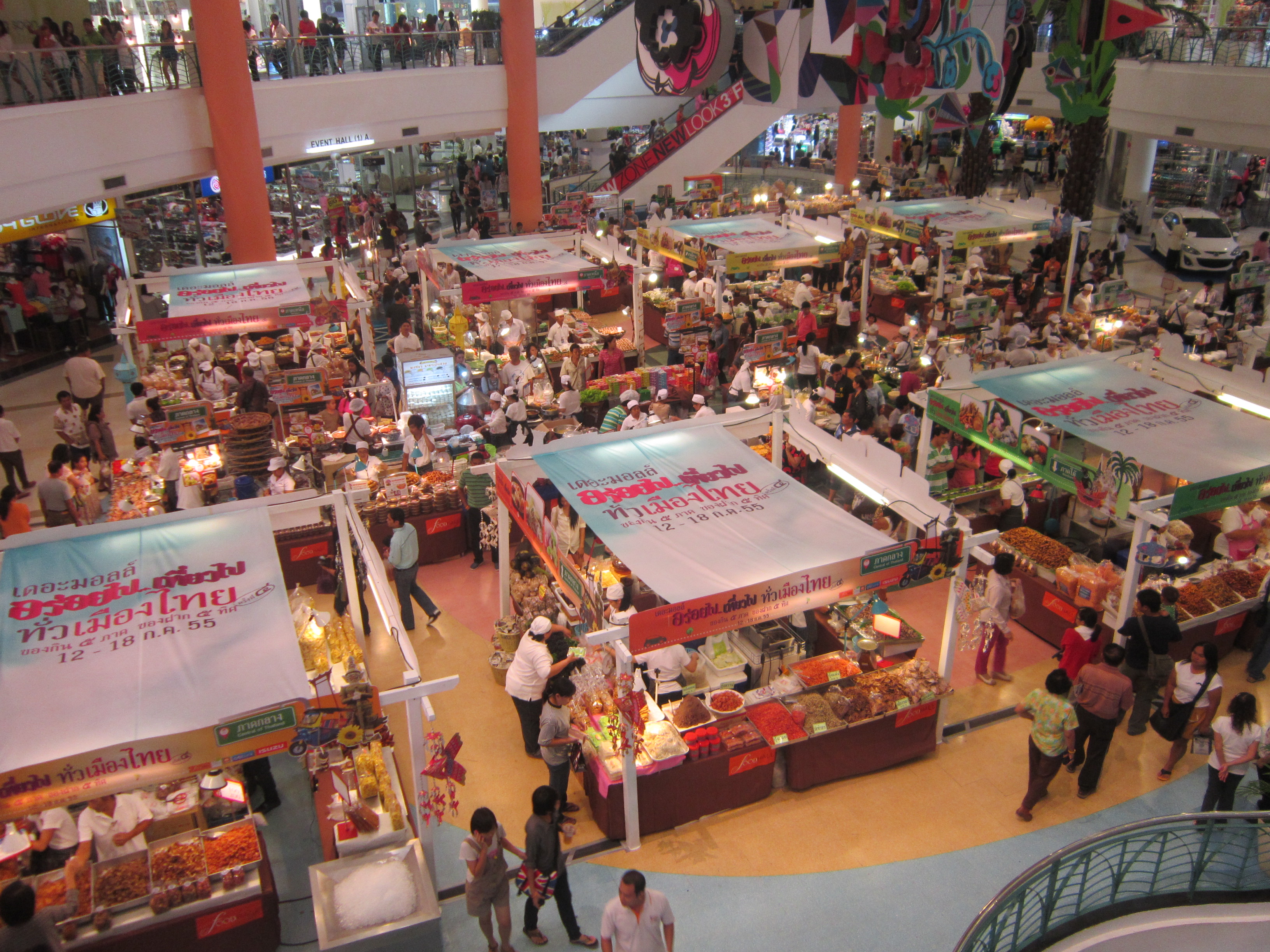
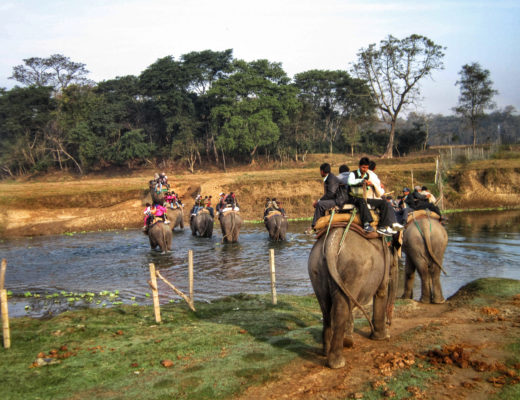
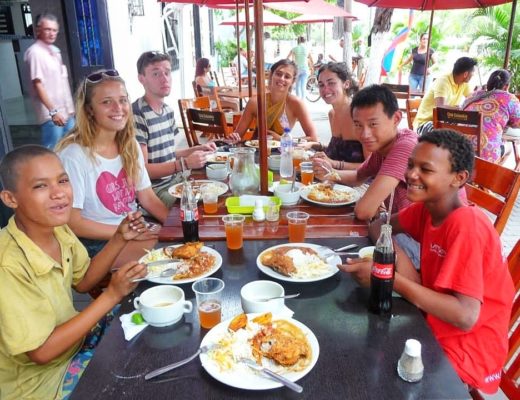
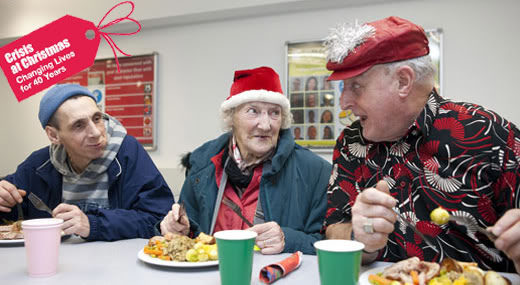
7 Comments
Ceri
July 23, 2012 at 5:38 pmWow, hun. I can tell these posts about Thailand are going to be just as fascinating as the ones in India. You always have the best adventures. And I did get a little sad when I realised you were heading to England soon.
I’d love to volunteer on a permaculture farm but I know I’d be absolutely miserable the whole time. I always thought I was someone who’d love the outdoors and feel the freedom of real, hard work but even just camping in the jungle made me completely miserable! I hope one day I will get over this (Maybe someone needs to just throw me into the Amazon for a few weeks so I’ll be forced to get used to it) because I do feel as though I’d be missing a lot of great opportunities otherwise.
florabaker
July 24, 2012 at 11:28 amThanks so much Ceri, I’m so glad you’re enjoying all my travels 🙂 I’m heading back to London pretty soon, but have lots of Euro trips in the pipeline for the next few months so never fear!
You should definitely give the farm experience a try, if only for a couple of days. I got so much out of it, and I’m certainly not the most outdoorsy person! I’ll bet you’d be better at it than you think 🙂
Flora the explorer visits Rak Tamachat Permaculture Education Center Thailand
November 15, 2012 at 8:37 am[…] Link to Original Article […]
Give a Shit? My Most Terrifying Toilet Experiences Around the World
November 19, 2013 at 4:16 pm[…] complete with indecipherable instructions and buttons for water jets. I've encountered compost toilets in Thailand, Ecuador and Brazil, where there's virtually no smell and the resulting compost can be used as […]
Workers of the World Weekly: July 7, 2017
July 7, 2017 at 12:14 am[…] Snakes, Scorpions, and Permaculture Farms Flora Baker volunteers on a permaculture farm in Thailand and takes a picture of a rice husk covered mound of poo. […]
Nathan
January 21, 2018 at 2:47 amI really enjoyed your blog and was really happy to read (and jealous if I am honest) that you got to volunteer and help out at the permaculture farm there. HOW AWESOME! yes, it is definitely hard work being on and working on a farm but knowing there is an end in sight certainly helps😊 I don’t know if I would have been able to sleep with the threat of snakes and scorpions so kudos to you for your bravery! That bathroom must quite an experience. I love being in 3rd world type areas helping people it really helps you be thankful for the awesome amenities that we enjoy at home
17 Volunteering Blogs You Should Be Reading | Volunteering Journeys
December 9, 2020 at 5:11 pm[…] turns thirty one. While recounting her experiences around the world, including travels in Kenya, Thailand, India and Nepal Flora also explores topics and important ethical considerations in global […]